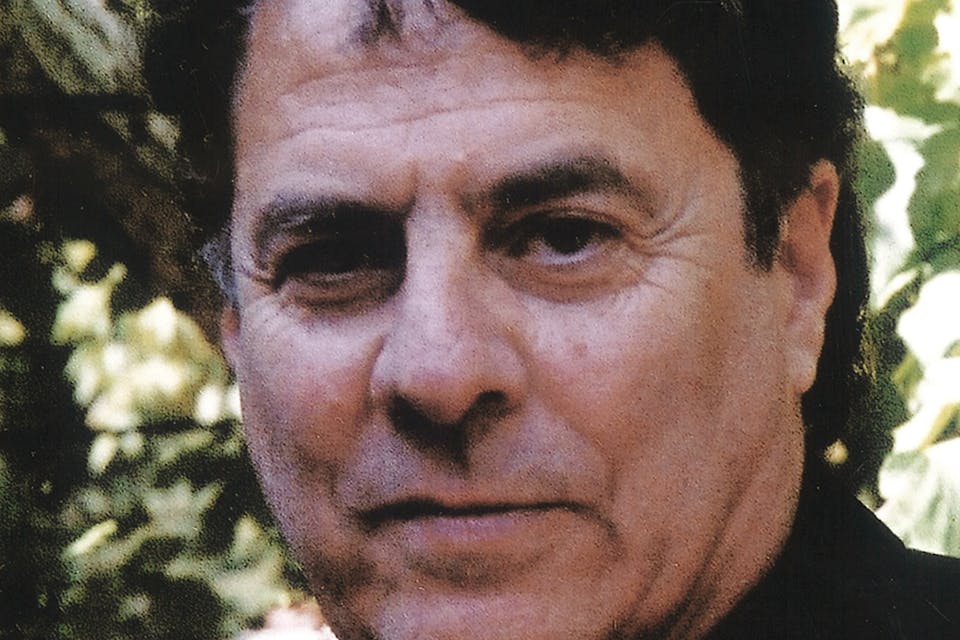
April 7, 2016
The Evolution of a Maverick Reform Rabbi
John Moscowitz started out as a New Left activist, then turned to Judaism, then broke with the orthodoxies of his own liberal movement. In a new book, he takes stock.
It’s no easy chore to find Reform rabbis who deviate from their movement’s liberal orientation on matters ranging from the revelation at Sinai to the Israel-Palestinian “peace process,” and who are unafraid to say so in public. One of them is John Moscowitz, who throughout his adult life has been out of step with friends and colleagues politically, intellectually, and theologically. His fascinating journey, from radical left-wing activist to outspoken spiritual leader of a 6,000-member congregation in Toronto, Canada, is on display in a recently published collection of his sermons, speeches, and writings entitled Evolution of an Unorthodox Rabbi.
Born in 1952 to secular parents in the American Midwest, the youthful Moscowitz attended college in Los Angeles, graduating in 1975 as a certified member of the fuzzy countercultural left. A flirtation with the harder politics of the New Left soon brought him to San Francisco, where it turned into more than a flirtation. There he joined a circle of about a dozen radicals working with Tom Hayden, co-founder of Students for a Democratic Society (SDS) and anti-Vietnam-war agitator, and Hayden’s then-girlfriend Jane Fonda.
It did not last. No longer able to deny his spiritual longings, and “hungry for knowledge and in search of the Jews,” Moscowitz broke from his revolutionist peers and gravitated to the study of Judaism and Jewish practice. Here, too, he was a maverick. Eschewing the sort of counter-establishment prayer fellowships then in vogue among left-leaning Jewish seekers, he headed straight to America’s oldest seminary, Hebrew Union College (HUC), the flagship institution of the Reform movement—only to be put off in turn by his new environment’s pallid offerings in the realm of Jewish texts, rituals, and anything more than “a faint smell of peoplehood.”